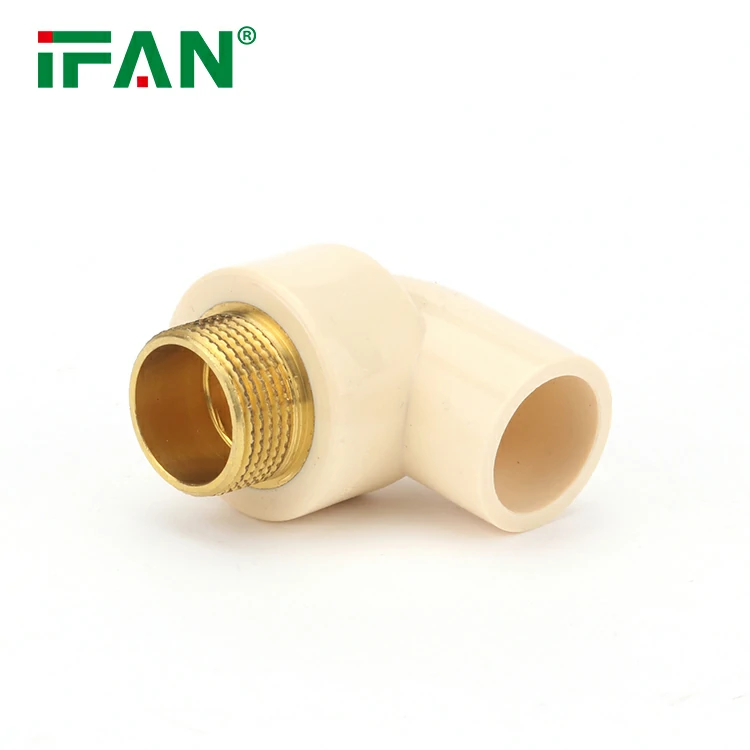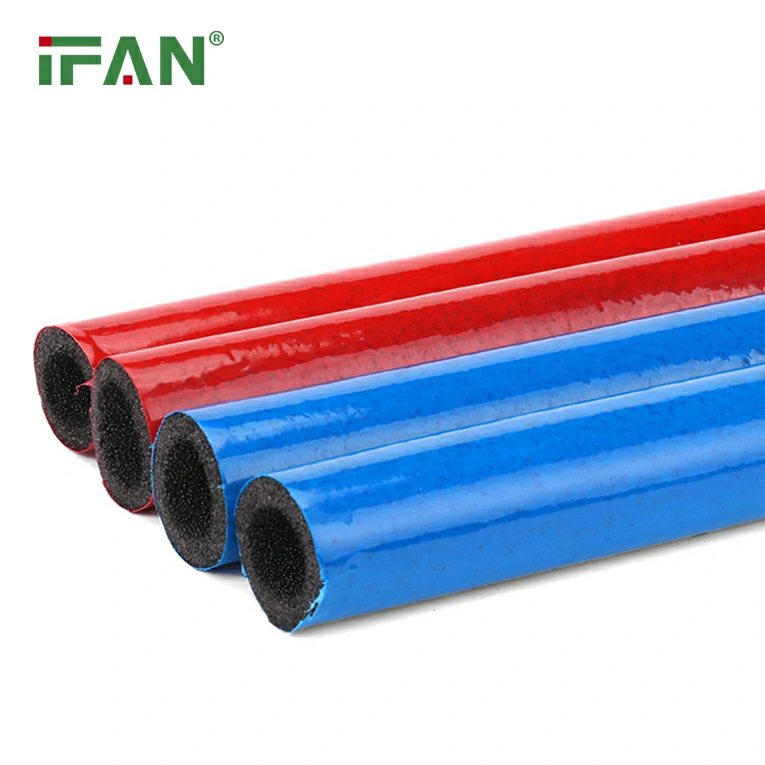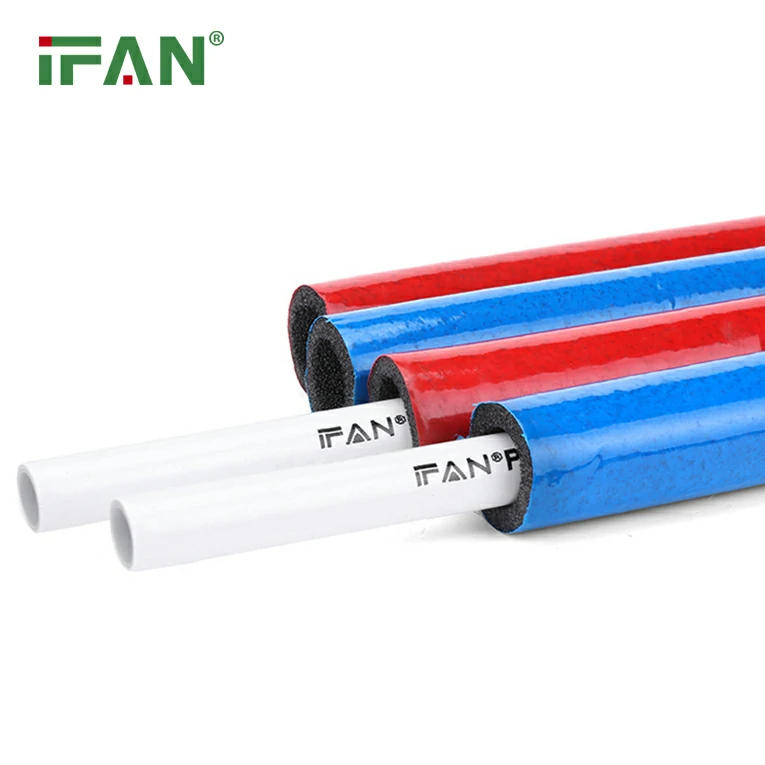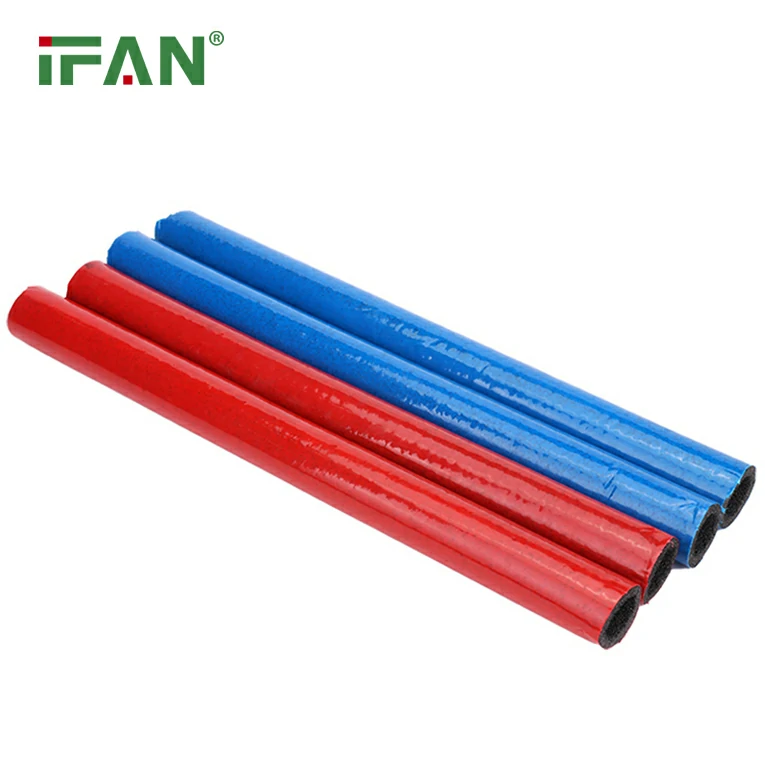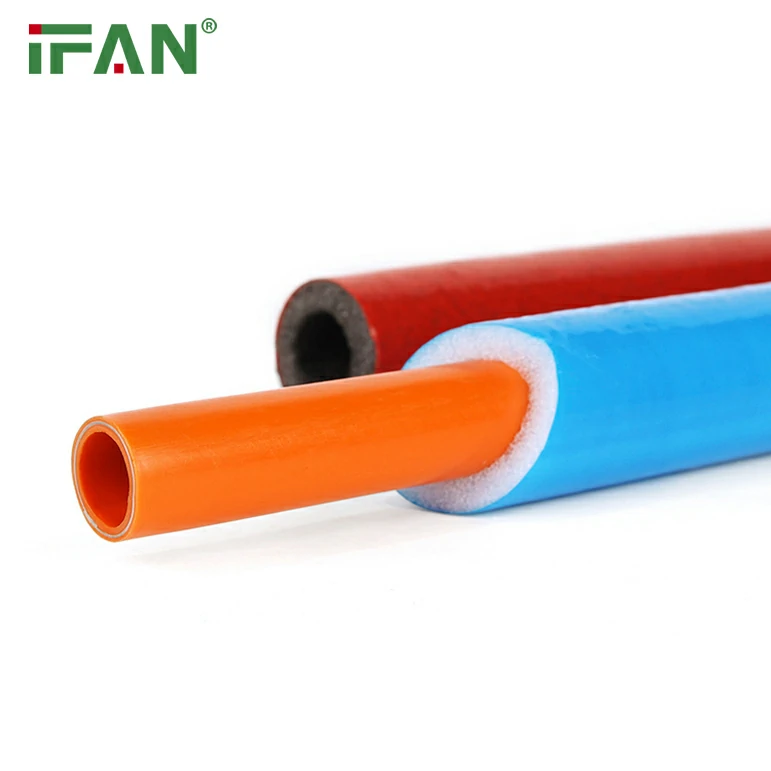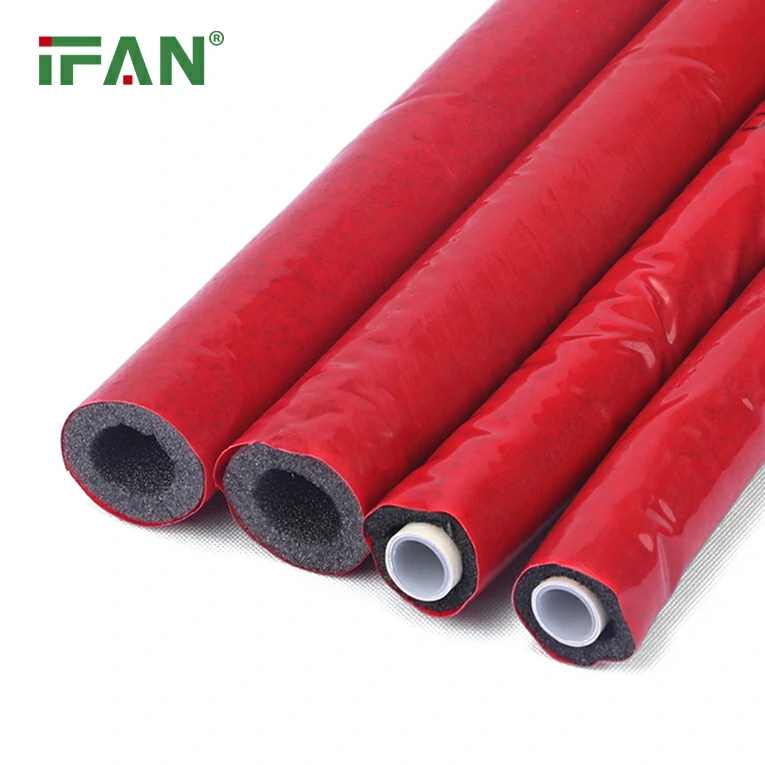CPVC Pipe Fittings Overview
CPVC pipe fittings are an excellent alternative to traditional metal or copper pipe fittings. They are made from chlorinated polyvinyl chloride, a thermoplastic material known for its high resistance to temperature, pressure, and chemicals. CPVC pipe fittings are ideal for hot and cold water systems and are an excellent choice for industrial, commercial, and residential applications.
Secure and Durable
CPVC pipe fittings are designed with a secure locking mechanism that ensures a leak-proof connection. The fittings are easy to install and require no special tools. They are also durable and resistant to wear and tear, making them a reliable choice for a long-lasting plumbing system.
Chemical Resistance
CPVC pipe fittings are highly resistant to chemical corrosion, making them ideal for use in harsh environments where chemical exposure is a concern. They are also resistant to UV rays, making them suitable for outdoor applications.
Low Maintenance
CPVC pipe fittings require little to no maintenance, as they do not rust or corrode. They are also resistant to bacterial growth, making them an excellent choice for potable water systems. This makes them a cost-effective option in the long run, as they require minimal repairs and replacements.
Peace of Mind
Using CPVC pipe fittings ensures your plumbing system is secure, leak-proof, and designed to last. They are a reliable choice for any application, providing peace of mind and assurance that your plumbing system will function as intended.
In conclusion, CPVC pipe fittings offer a secure, leak-proof, and reliable alternative to traditional metal or copper pipe fittings. They are durable, chemical-resistant, low maintenance, and provide peace of mind. As such, they are a great option for industrial, commercial, and residential plumbing systems.
